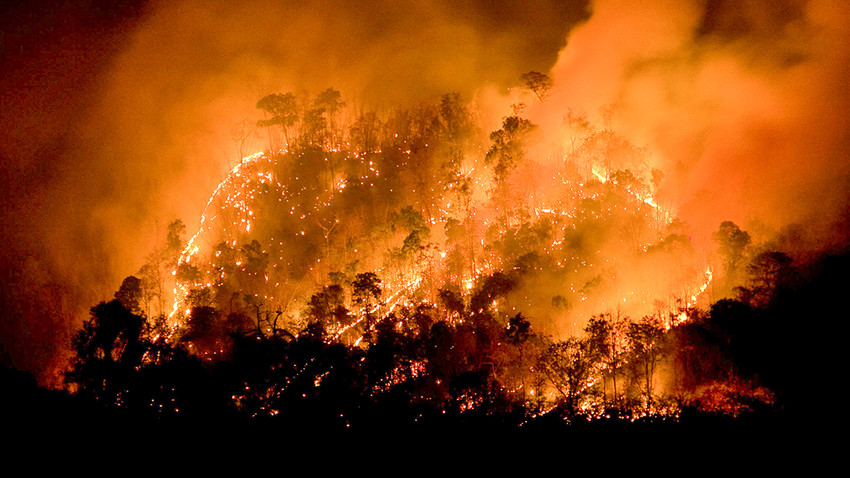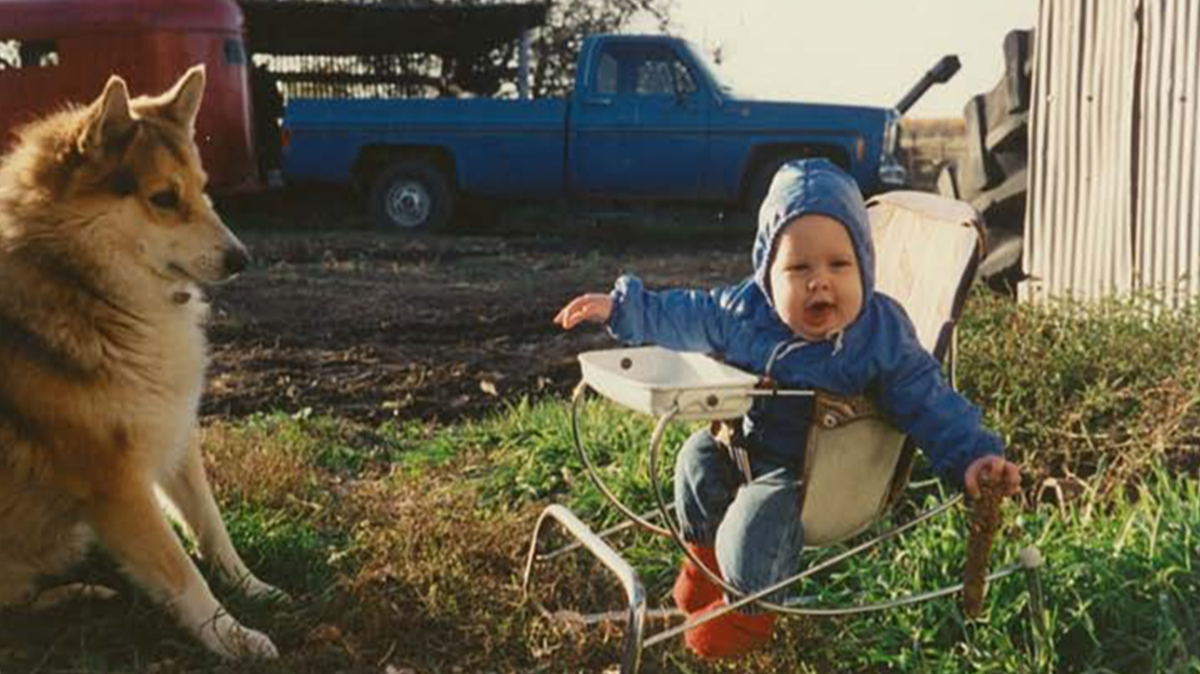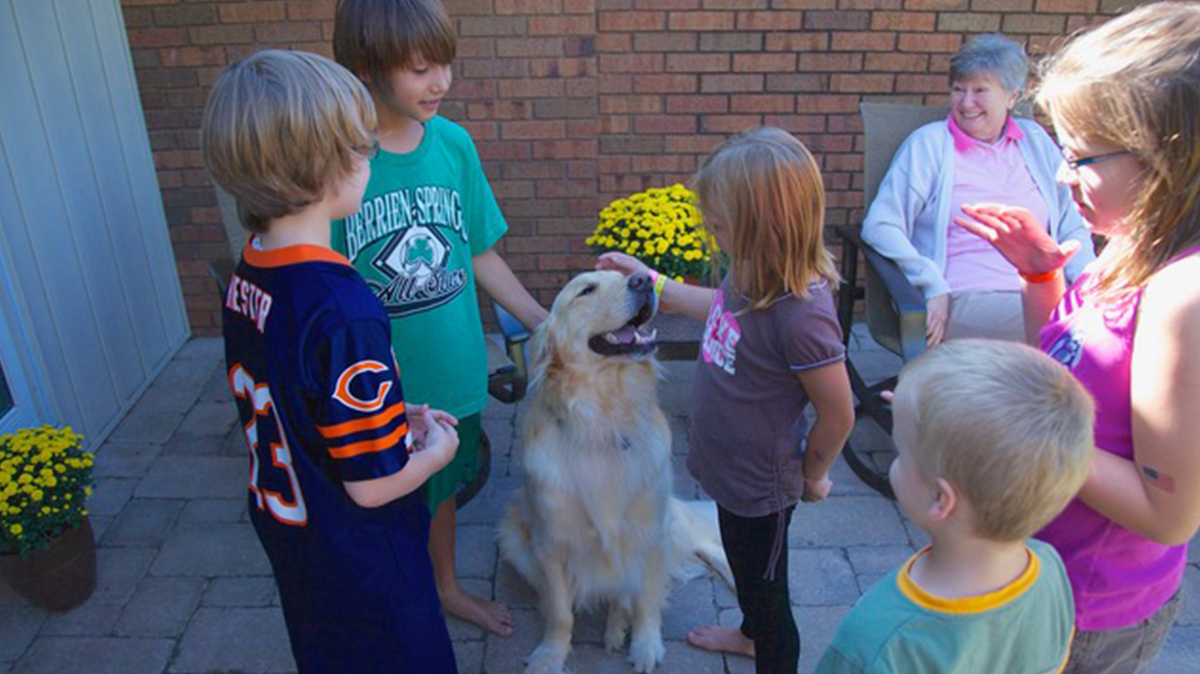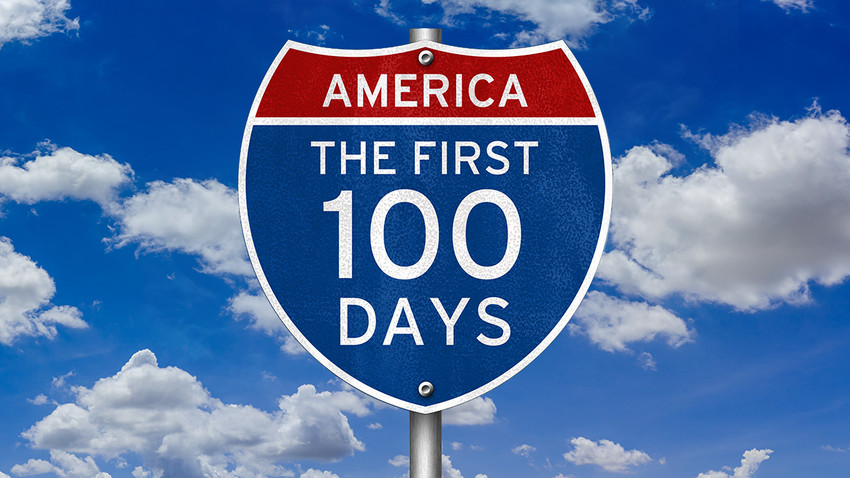What a humanitarian crisis the still-unfolding story out of Kabul has become for Afghanistan, for the United States, and for the world community. What is a civilization to do?
A picture is worth a thousand words?
Seared on our minds is the image of that desperate father, plastered against a cement wall by the panicking crowd behind him and frantically trying to hoist his infant child high overhead to the American Marine standing atop the barricade. The soldier, spotting the father and child, instinctively leans over the razor barb wire curls, to grab the baby by its arm and lift it over the razor wire.
A picture is worth a thousand words?
Aghast, the rest of the world has watched and re-watched the video clips of hundreds (thousands?) of men, women, and children, breaking through airport barriers and racing onto the Kabul airfield in hopes of securing a flight out of that desperate city. Now they surge around a C-17 U.S. military transport plane, taxing down the runway for takeoff—its gigantic hull already crammed with vetted and escaping passengers, packed tightly on the metal floor, knees tucked beneath their chins, but relieved, to be sure, to be on this flight to somewhere else.
Unbeknown to them, outside the giant craft desperate men and women on foot surge around the still taxiing jet, some of them managing to climb up beneath its wings, clinging to the fuselage, while hundreds of others run pell-mell beside the massive rolling tires of the aircraft. In distress, they hope they might yet halt the plane and secure a place inside. But alas, there is no room for another. And as the mighty C-17 accelerates its engines and begins to hurtle itself down that long runway, some brave souls manage to cling to a handhold beneath the plane as it lifts into the sky over Kabul—until they eventually lose their grip and fall earthward.
I repeat—what a humanitarian crisis the still-unfolding story out of Kabul has become for Afghanistan, for the United States, and for the world community. What is a civilization to do?
At the risk of what they call “frozen emotions,” we must not turn away from the scenes embedded in our hearts. We must respond, or we shall lose the capacity to be moved at all. Eventually.
It was our Lord who perhaps pre-viewed scenes like these and intoned, “‘If anyone gives even a cup of cold water to one of these little ones . . . that person will certainly not lose their reward'” (Matthew 10:42). Three days before His own death, Jesus reminded His followers, “‘Truly I tell you, whatever you did for one of the least of these brothers and sisters of Mine, you did for Me’” (Matthew 25:40).
But Kabul is 6,951 miles away—what could we possibly do for that suffering city? Perhaps not a lot. But then again Haiti, still digging out from under the killer quake that leveled communities across the island days ago, is within reach. Especially through Adventist Development & Relief Agency (ADRA). Rather than commiserate with our world’s suffering and then resume our cheery comforts here at home, why not go to www.adra.org right now and click on to Give Now and put a gift to work through Jesus’ deeds of mercy. Giving is a huge gift to organizations who hurry to places we’ll never reach.
But then again there is Neighbor to Neighbor right here at home in Berrien Springs. The other day I was visiting with Laura and Lucy, two leaders of this good-neighbor ministry—and I must tell you they have really expanded their Jesus-reach through the new addition to their building. Volunteers—people who give a few hours early some morning, late some afternoon—are the need of the day for sure. Internet videos can outsize a crisis far away—but human need through pain and suffering is just a big right here at home.
So pass on that cup of water, click on the Give Now button, step into the volunteer center—and give of yourself. It’s a sure-fire way you and I can avoid “the frozen emotions” of those who no longer care. That's what Jesus had in mind, isn’t it?













